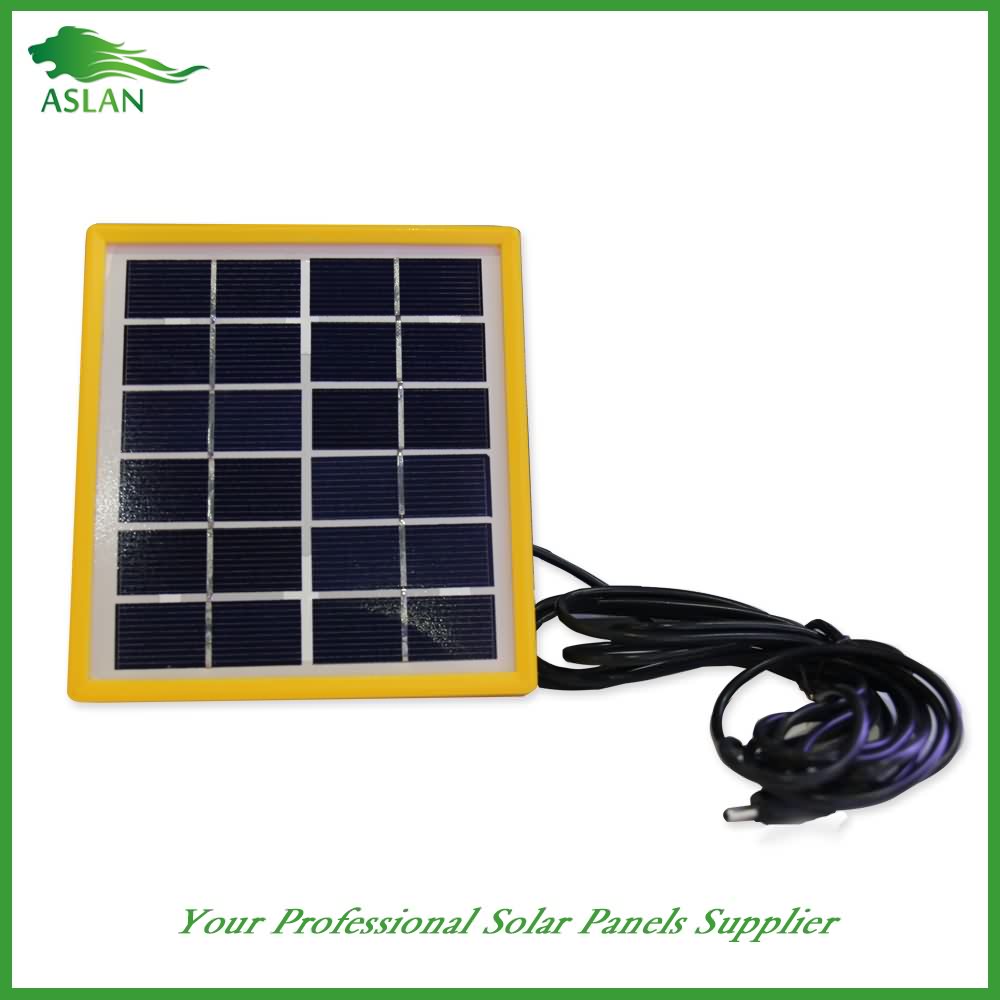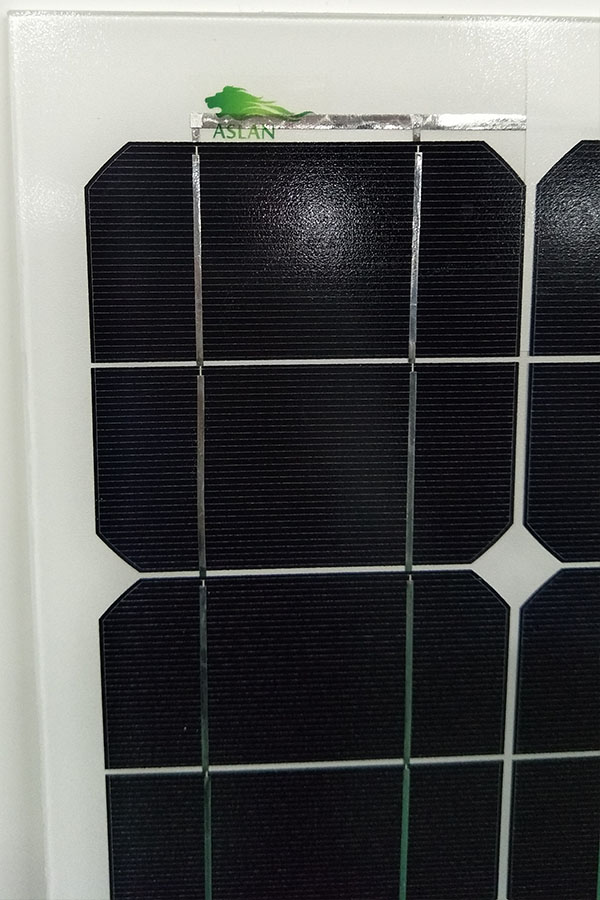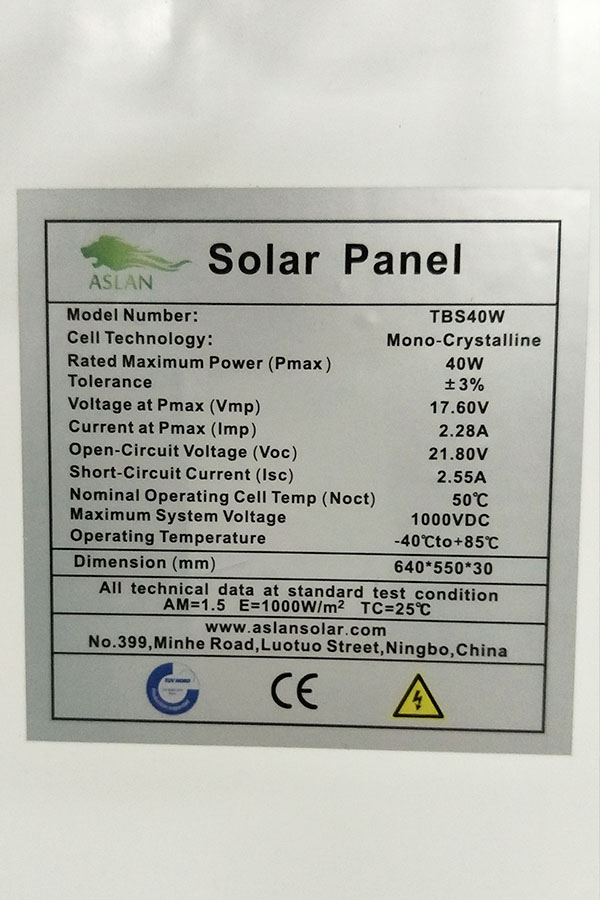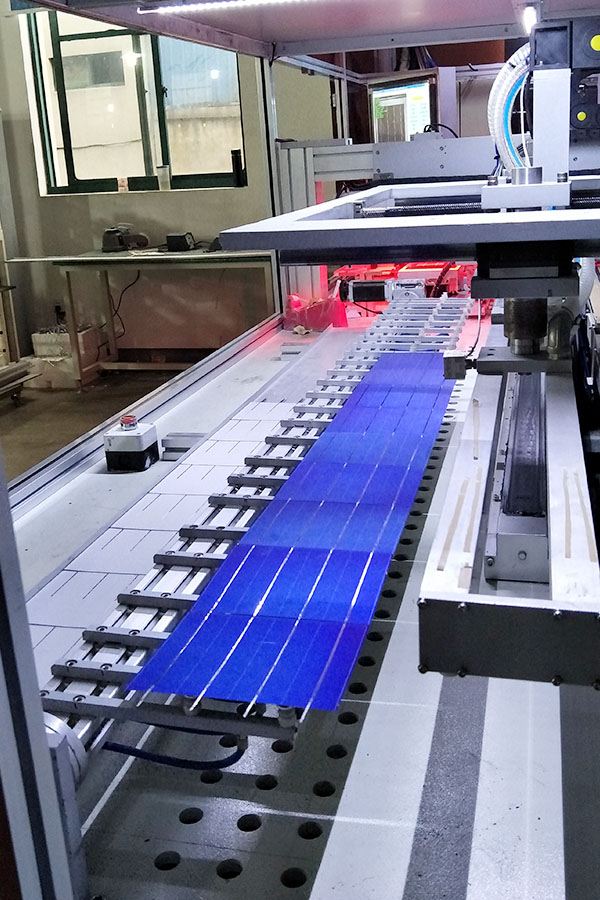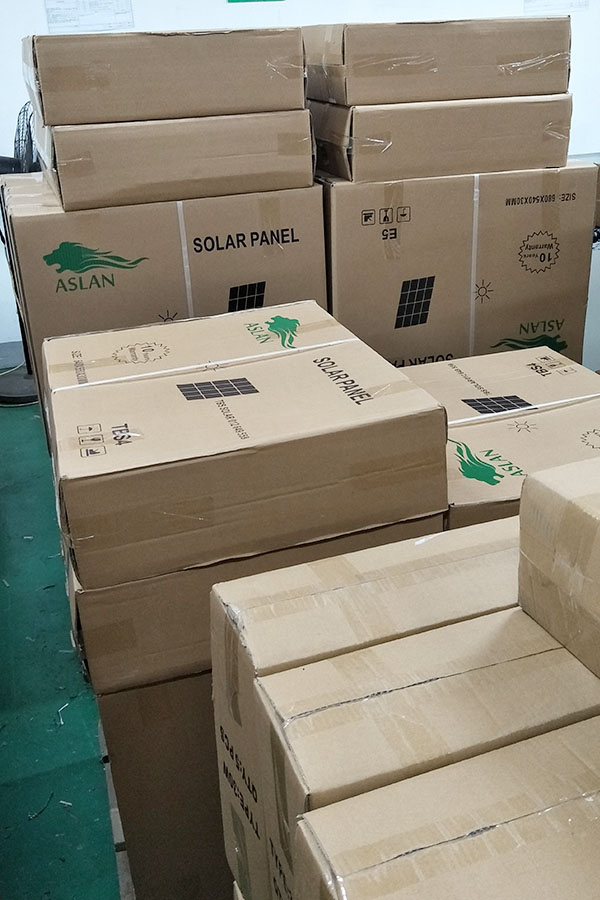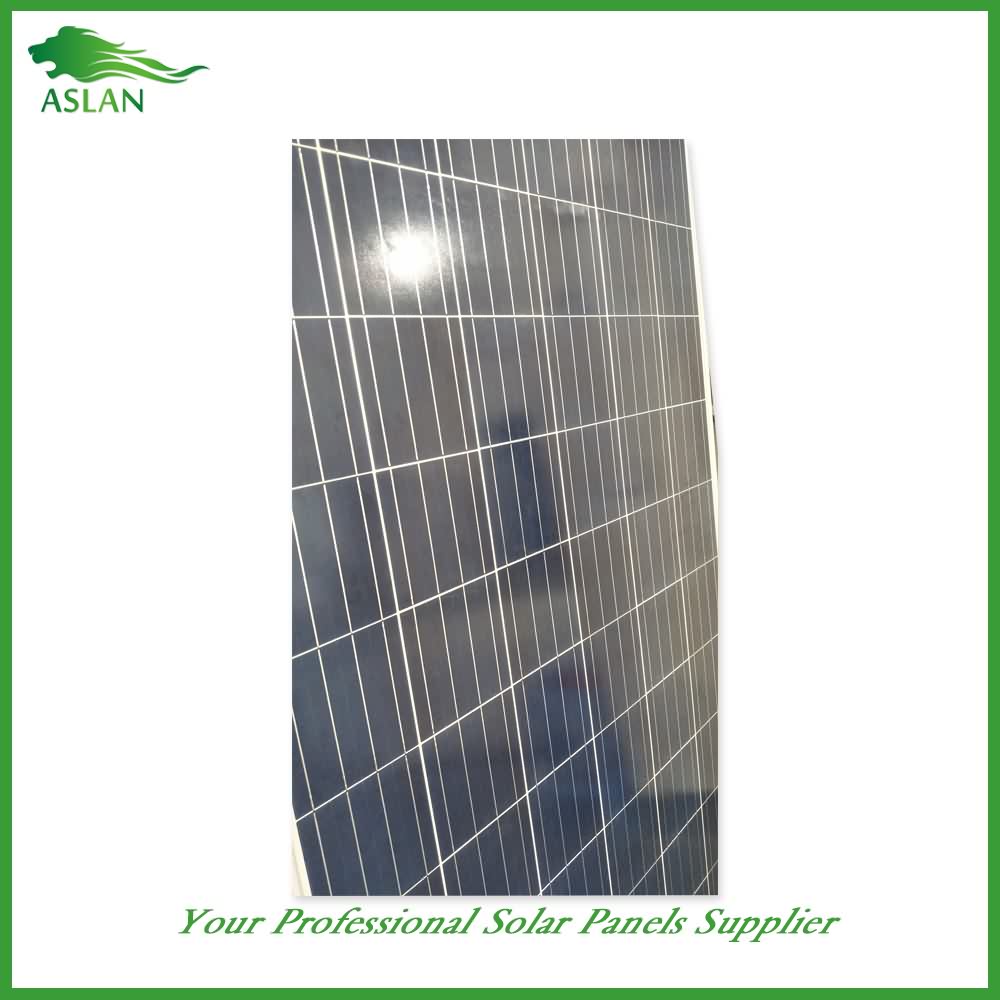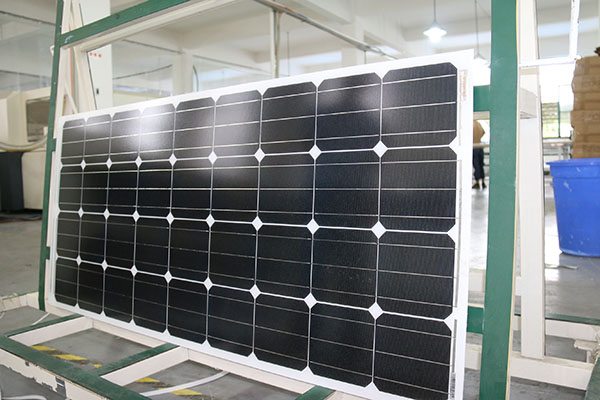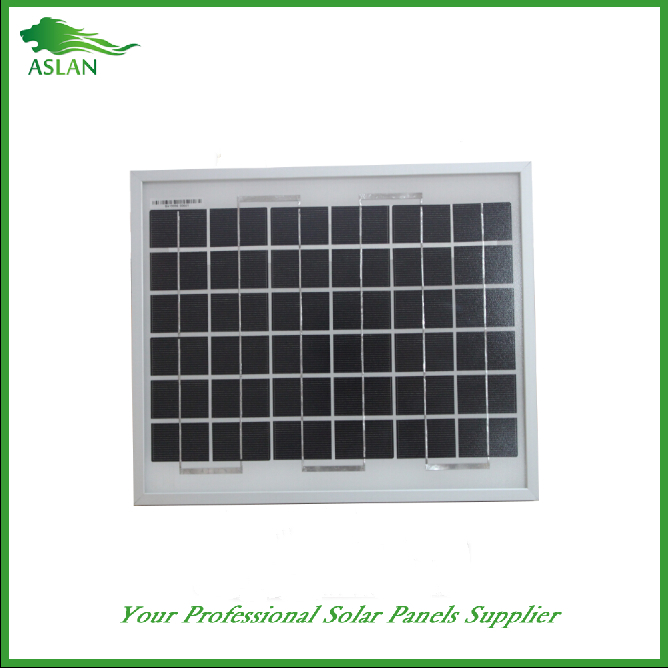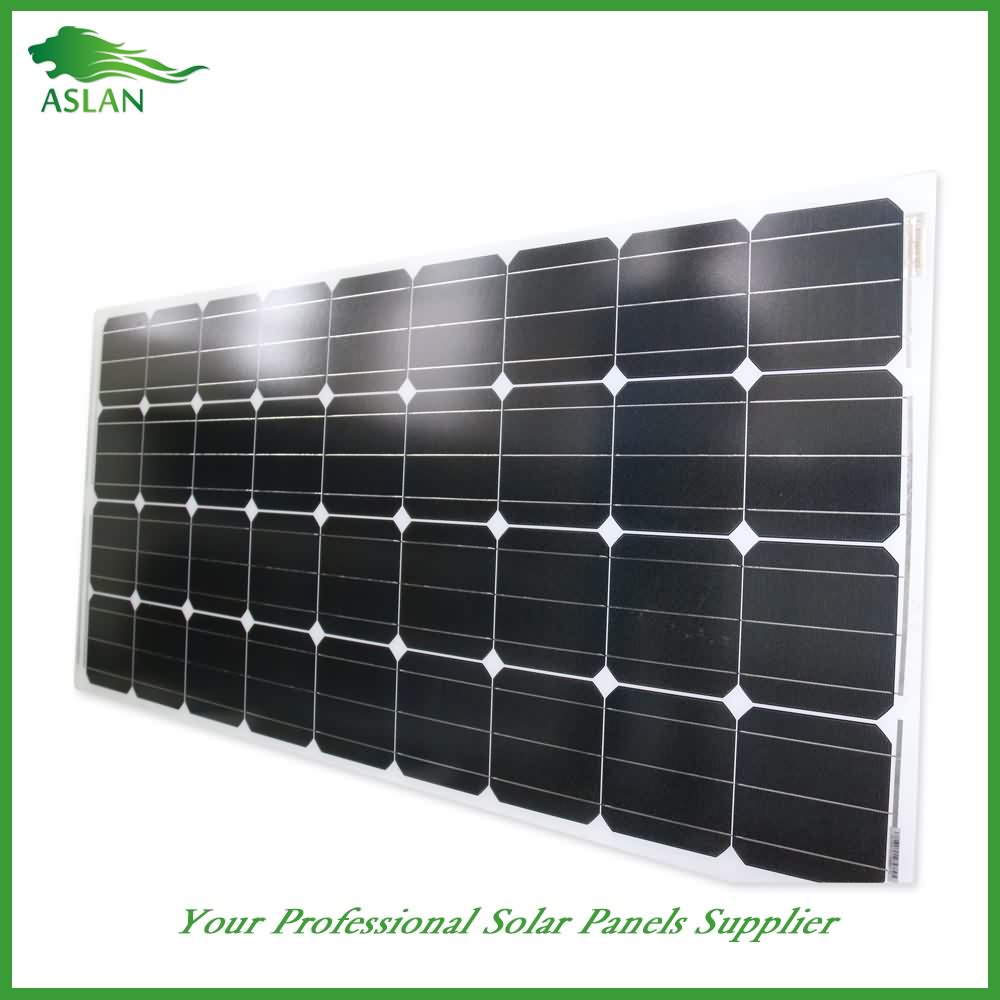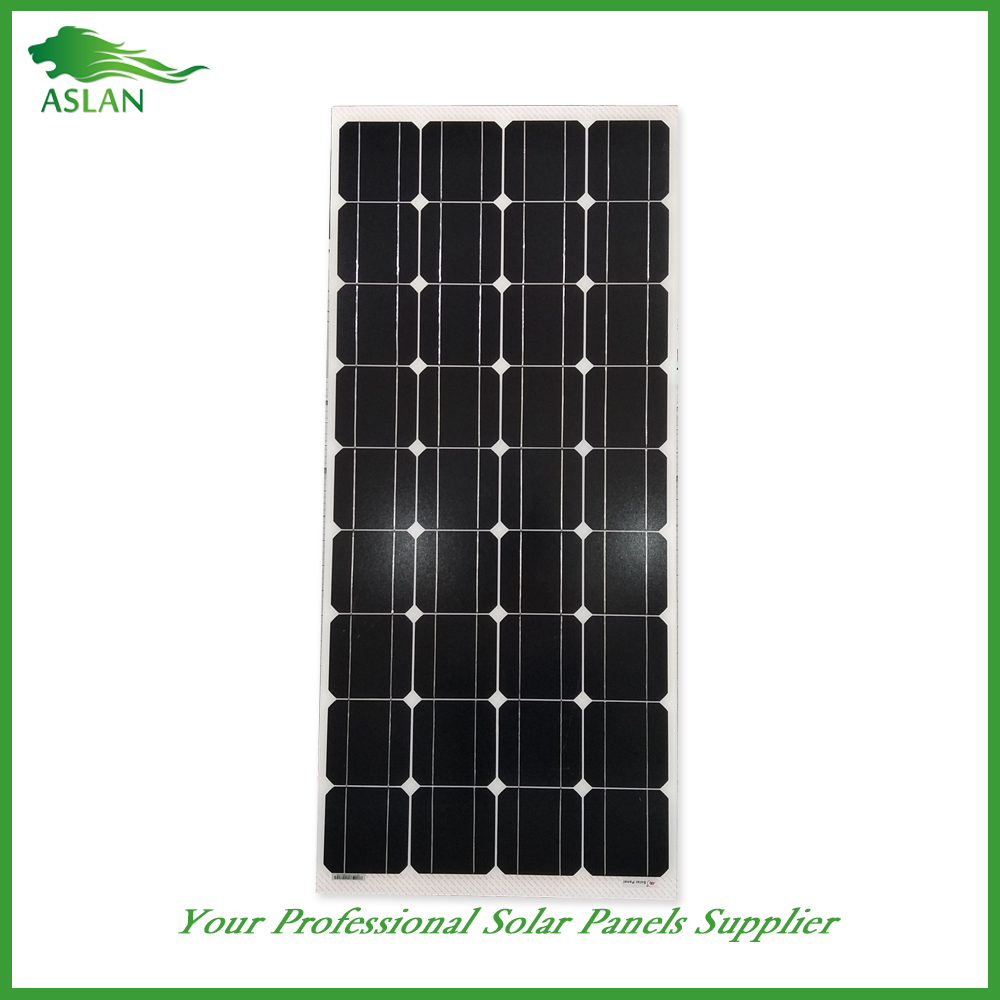Factory Free sample Poly-crystalline Solar Panel 2W Rio de Janeiro Manufacturers
Short Description:
We can always satisfy our respected customers with our good quality, good price and good service due to we are more professional and more hard-working and do it in cost-effective way for Factory Free sample Poly-crystalline Solar Panel 2W Rio de Janeiro Manufacturers, Welcoming interested companies to cooperate with us, we look forward to having the opportunity of working with companies around the world for joint growth and mutual success.
Poly-crystalline Solar Panel 2W
Technical parameter
Maximum Power(W) 2W
Optimum Power Voltage(Vmp) 6V
Optimum Operating Current(Imp) 0.34A
Open Circuit Voltage(Voc) 7.2V
Short Circuit Current(Isc) 0.37A
Mechanical Characteristics
Cell Type Polycrystalline
No of Cell 12 (2x6pcs)
Dimensions 145x145x18mm
Weight 0.4KGS
Front Glass 3.2mm, High Transmission, Low iron, tempered Glass
Temperature and Coefficients
Operating Temperature(°C): -40°C ~ + 85°C
Maximum System Voltage: 600V(UL)/1000V(IEC) DC
Maximum Rated Current Series: 10A
Temperature Coefficients of Pmax: -0.435%
Temperature Coefficients of Voc: -0.35%
Temperature Coefficients of Isc: 0.043%
Nominal Operating Cell Temperature (NOCT): 47+/-2°C
Materials of solar panel
1).Solar Cell——Polycrystalline solar cell 156*156mm
2).Front Glass——-3.2mm, high transmission, low iron, tempered glass
3).EVA——-excellent anti-aging EVA
4).TPT——-TPT hot seal made of flame resistance
5).Frame——anodized aluminum profile
6).Junction Box——-IP65 rated, high quality, with diode protection
Superiority: high quality anodized aluminum frame, high efficiency long life, easy installation, strong wind resistance, strong hail resistance.
Features
1. High cell efficiency with quality silicon materials for long term output stability
2. Strictly quality control ensure the stability and reliability, totally 23 QC procedures
3. High transmittance low iron tempered glass with enhanced stiffness and impact resistance
4. Both Poly-crystalline and Mono-crystalline
5. Excellent performance in harsh weather
6. Outstanding electrical performance under high temperature and low irradiance
Quality assurance testing
Thermal cycling test
Thermal shock test
Thermal/Freezing and high humidity cycling test
Electrical isolation test
Hail impact test
Mechanical, wind and twist loading test
Salt mist test
Light and water-exposure test
Moist carbon dioxide/sulphur dioxide
E-Z Pool is the best all in one treatment available for your swimming pool It makes maintenance a breeze
Automatically balances your pH between 72 and 76
Contains copper sulfate- destroys over 20000 strains of algae Powerful oxidation- burns up bacteria algae cosmetics lotions and oils
Calcium scale protection- no more cloudy water or white flake precipitation Water softening – no more dry skin or itching
Powerful clarifier- coagulates loose suspended particles for crystal clear water Eliminates bleaching of pool liner and swim gear
Click below to buy on Amazon: http://www.amazon.com/gp/product/B00E8S6ZOK?tag=stationmbolos-20
In a February talk hosted by the MIT Energy Initiative, Lourdes Melgar, the Robert Wilhelm Fellow at the Center of International Studies at MIT, outlined the historic energy reform Mexico approved at the constitutional level in December 2013 and provided an update on the implementation and challenges ahead. This reform, referred to as an energy revolution, aims at increasing Mexico’s energy security while mitigating climate change. It entails the creation of energy markets in the hydrocarbons and power sectors and the participation of private investors in all the activities of the energy sector. The implementation is moving ahead with bidding processes in the upstream, as well as in the power sector. Melgar also addressed the challenges Mexico faces as it consolidates its new energy model.
This talk was presented on February 14, 2017.
About the speaker:
Lourdes Melgar is currently the Robert Wilhelm Fellow at the Center of International Studies at MIT. From December 2012 to February 2014, she served as Mexico’s under-secretary of electricity and from February 2014 to July 2016, she was Mexico’s deputy secretary of energy for hydrocarbons. She was a key player in the design and implementation of Mexico’s energy reform. She is a national researcher of the Mexican Science and Technology Council (CONACYT).
